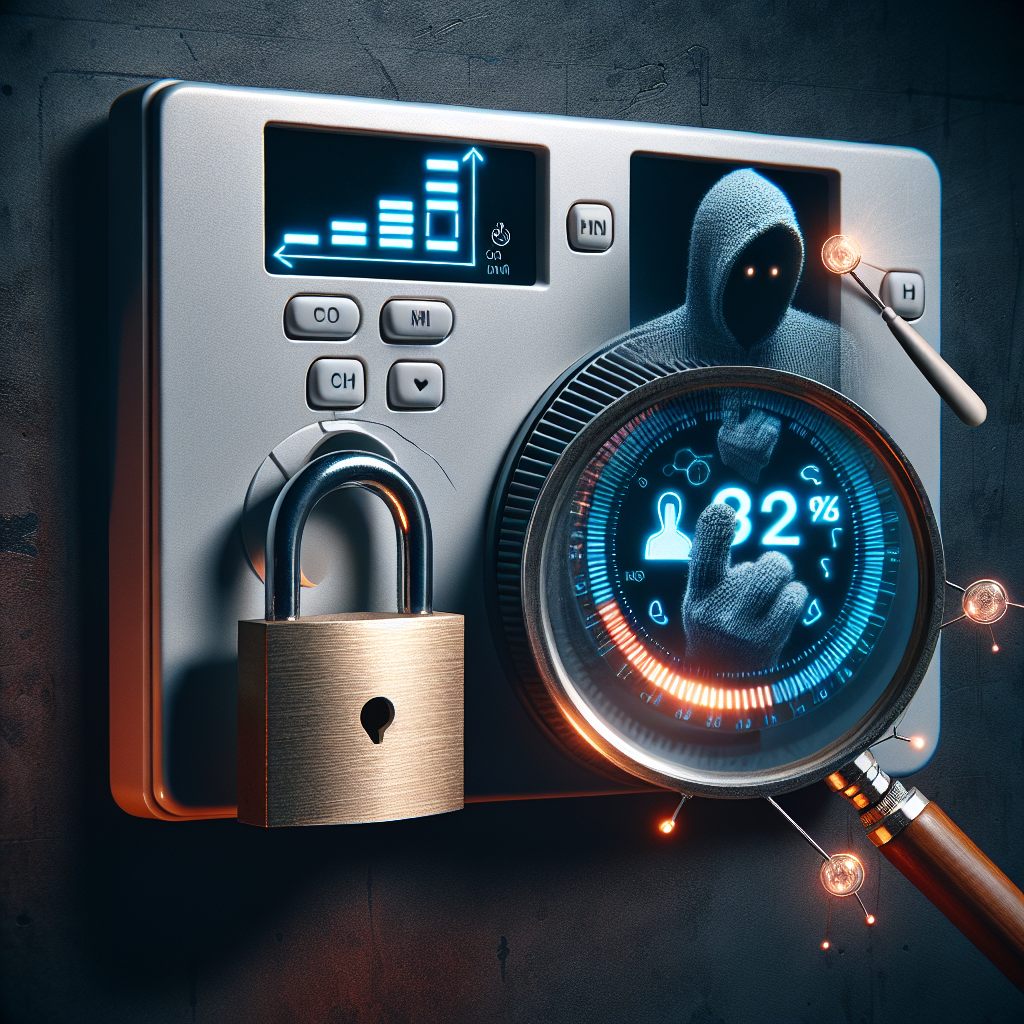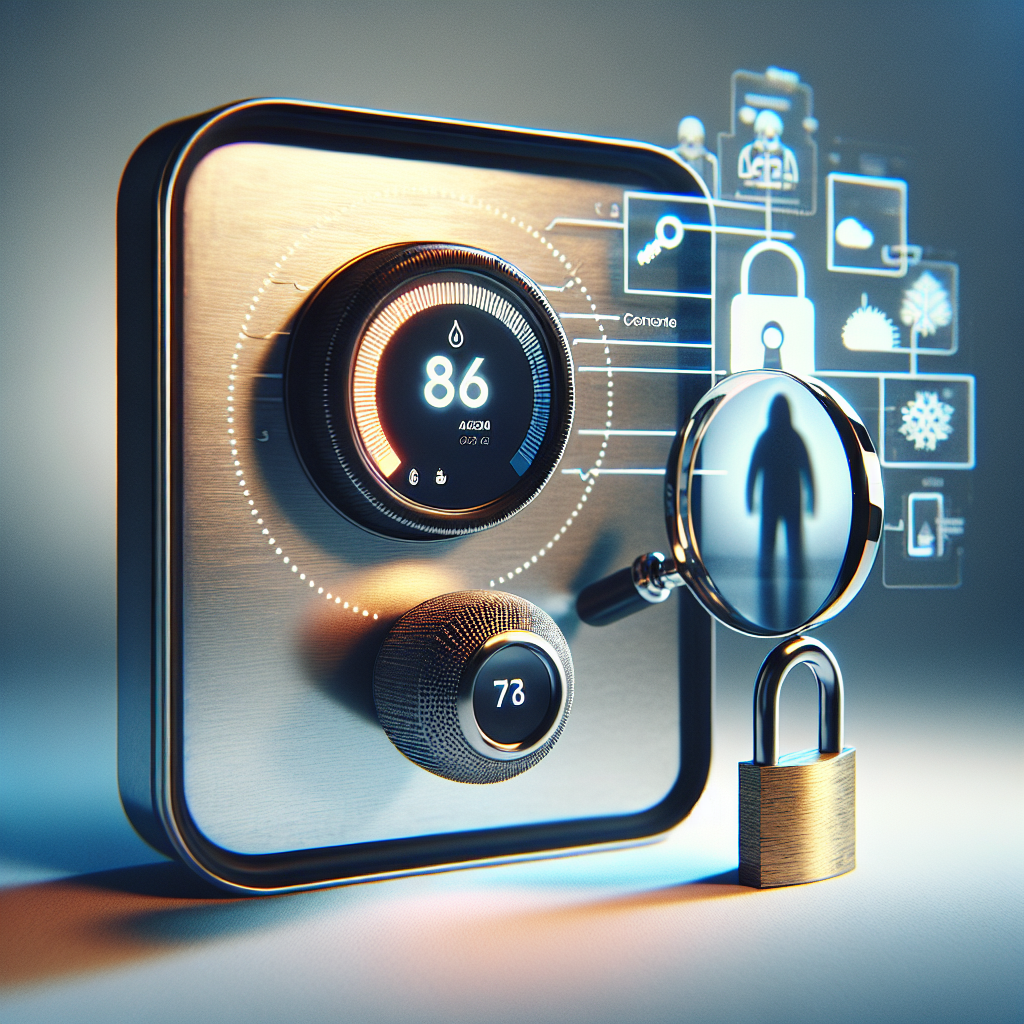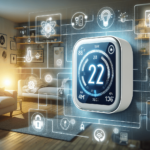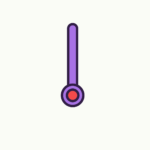Imagine having a thermostat that automatically adjusts the temperature in your home based on your preferences, all while saving you money on your energy bills. Sounds futuristic and convenient, right? Well, the rise of smart thermostats has made this a reality for many homeowners. However, as with any device connected to the internet, there are potential privacy concerns that come along with the convenience. In this article, we will explore whether or not using a smart thermostat raises privacy concerns and discuss what you can do to protect your personal information.

Security Risks
Potential hacking
When it comes to smart thermostats, one of the main concerns revolves around potential hacking. Smart thermostats are connected to the internet, which opens up the possibility of unauthorized access by hackers. If a hacker gains access to your smart thermostat, it could lead to various security risks, such as controlling the temperature of your home without your knowledge or even potentially gaining access to other connected devices in your home network.
Vulnerability to cyber attacks
Smart thermostats, like any other internet-connected device, are vulnerable to cyber attacks. This vulnerability can arise from unpatched software or firmware, weak passwords, or even outdated encryption protocols. Cybercriminals are constantly looking for ways to exploit these vulnerabilities and gain unauthorized access to your smart thermostat or the data it collects. It is crucial to stay vigilant and take measures to protect your smart thermostat from potential cyber attacks.
Data Collection
Gathering personal information
Smart thermostats often collect personal information such as your home address, occupancy patterns, and temperature preferences. This data is used to provide personalized heating and cooling solutions and improve energy efficiency. However, the collection of personal information raises privacy concerns. Users may be uncomfortable with the idea of their home habits and routines being recorded and stored by a third-party company.
Monitoring habits and behaviors
In addition to personal information, smart thermostats also monitor your habits and behaviors. They learn your patterns and automatically adjust the temperature accordingly. While this automation can provide convenience and energy savings, some users may feel uneasy about their daily routines being tracked and analyzed. The constant monitoring and analysis of habits raise concerns about privacy and personal autonomy.

Data Storage
Security of stored data
The security of stored data is essential to safeguard your privacy when using a smart thermostat. Smart thermostat manufacturers should implement robust security measures to protect the data they collect from unauthorized access. This includes encryption of stored data, regular security audits, and adherence to industry standards and best practices. However, not all manufacturers prioritize data security effectively, leaving room for potential breaches that could compromise your personal information.
Data handling by manufacturers
Smart thermostat manufacturers may handle your data in various ways. Some manufacturers may anonymize and aggregate your data to analyze usage patterns and improve their products. Others may share your data with third-party partners or even sell it for advertising purposes. It is crucial to review the manufacturer’s privacy policy and understand how your data is being handled, ensuring that it aligns with your privacy preferences and expectations.
Third-Party Sharing
Sharing data with other companies
Smart thermostat manufacturers may share your data with other companies for various reasons. This could include partnerships with energy providers, home automation companies, or even advertisers. While sharing data with other companies can lead to personalized services and benefits, it also raises concerns about how your data is being used and whether it is adequately protected when in the hands of third parties.
Potential misuse of personal information
When your data is shared with third parties, there is always a risk of potential misuse. It is essential to consider how your personal information may be used by these companies. Will it be used solely for the intended purposes, or could it be exploited for other purposes without your consent? Understanding the potential risks and limitations of third-party sharing is crucial for protecting your privacy when using a smart thermostat.

Device Integration
Interconnected devices access
Smart thermostats are often integrated with other smart home devices, such as voice assistants, security systems, and lighting controls. While this integration can provide a more seamless and convenient smart home experience, it also means that your smart thermostat may share data with other devices. This interconnected access increases the potential for data breaches or unauthorized access if one of the connected devices is compromised.
Sharing data with other home devices
In a smart home ecosystem, your smart thermostat may share data with other home devices to optimize energy usage and enhance automation. For example, your thermostat may communicate with your smart lighting system to adjust the lights according to your occupancy patterns. While this integration can improve energy efficiency and convenience, it also means that your smart thermostat may share information about your habits and routines with other devices, raising privacy concerns.
Manufacturer’s Privacy Policy
Transparency of privacy practices
A crucial aspect of protecting your privacy when using a smart thermostat is understanding the manufacturer’s privacy practices. A transparent privacy policy should clearly outline what data is collected, how it is used, and with whom it is shared. It should also detail the security measures implemented to safeguard your data. Transparency in privacy practices allows you to make informed decisions about the use of your personal information and helps ensure that your privacy expectations are met.
User consent and control over data
User consent and control over data are essential aspects of privacy when using a smart thermostat. Manufacturers should provide users with options to control the data collected, including the ability to opt-out of data sharing or choose the level of data collection. Additionally, users should have the power to access, modify, or delete their personal information. Ensuring that users have control over their data allows them to maintain their privacy preferences and protect their personal information.

Access by Service Providers
Remote access by service technicians
Smart thermostats often allow remote access by service technicians to diagnose issues or perform firmware updates. While remote access can be convenient for troubleshooting and maintenance, it also presents privacy concerns. Users must trust that service technicians will handle their data with proper care and not misuse or access it beyond what is necessary for maintenance purposes.
Possibility of unauthorized access
With remote access capabilities, there is always a possibility of unauthorized access by malicious actors. Hackers could exploit vulnerabilities in the remote access system to gain control over your smart thermostat or potentially access other devices in your network. It is crucial to choose a smart thermostat from a reputable manufacturer that prioritizes security and regularly updates their software to mitigate these risks.
Geolocation Tracking
Location data collection
Smart thermostats often collect geolocation data to provide personalized heating and cooling based on your location. While this feature can increase energy efficiency, it also means that your smart thermostat is constantly tracking your whereabouts. Some users may feel uncomfortable with the idea of their location being recorded and stored by their thermostat, especially if this information is shared with third parties.
Privacy implications
The collection of location data raises privacy implications, especially when it is combined with other personal information. Knowing where you are, when you are home, or when you are away can reveal sensitive details about your routines and lifestyle. It is essential to consider how your location data is being used, who has access to it, and whether there are adequate safeguards in place to protect your privacy.

User Behavior Prediction
Analyzing patterns and making predictions
Smart thermostats are designed to analyze your patterns and make predictions about your heating and cooling preferences. This can help tailor the temperature settings to your needs and improve energy efficiency. However, predicting user behavior based on collected data raises ethical concerns. Users may be uncomfortable with their habits and routines being analyzed and potentially used for purposes beyond their immediate comfort and energy savings.
Ethical concerns
The use of predictive algorithms based on user behavior data raises ethical concerns. Are these algorithms transparent and unbiased? Are they making decisions that prioritize user comfort and energy efficiency, or are they influenced by other factors, such as financial incentives or targeted advertising? It is crucial for smart thermostat manufacturers to address these ethical concerns and ensure that user behavior prediction algorithms are serving user interests and not compromising their privacy.
Mitigation Measures
Strong passwords and encryption
To enhance the security of your smart thermostat, it is crucial to use strong, unique passwords and enable encryption. Strong passwords make it more challenging for hackers to gain unauthorized access to your device and personal information. Encryption ensures that the data transmitted between your smart thermostat and the manufacturer’s servers is securely encoded, making it difficult for a third party to intercept and decipher the information.
Regular software updates
Firmware and software updates play a vital role in maintaining the security and privacy of your smart thermostat. Manufacturers should release regular updates to patch vulnerabilities, improve security measures, and address any privacy concerns. It is essential to keep your smart thermostat updated with the latest software to ensure that you have the most secure and privacy-focused version running on your device.
Reviewing privacy settings
Take the time to review and understand the privacy settings of your smart thermostat. Manufacturers may provide options for controlling data collection, sharing, and remote access. By reviewing and adjusting these settings according to your privacy preferences, you can have better control over your personal information and mitigate potential privacy risks. Regularly revisit these settings to ensure that they align with your evolving privacy needs and expectations.
In conclusion, while smart thermostats offer convenience and energy savings, it is crucial to be aware of the privacy concerns associated with using them. From potential hacking risks and data collection to third-party sharing and user behavior prediction, each aspect of smart thermostat usage poses privacy implications. By understanding these risks and implementing mitigation measures such as strong passwords, regular updates, and reviewing privacy settings, you can take steps to protect your privacy and enjoy the benefits of a smart thermostat.










